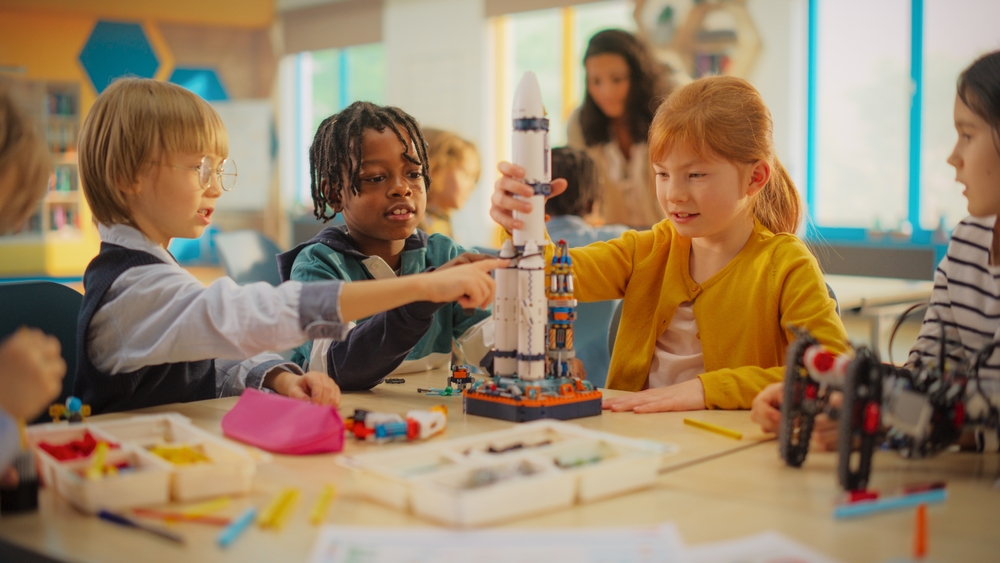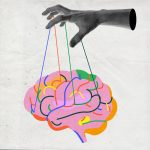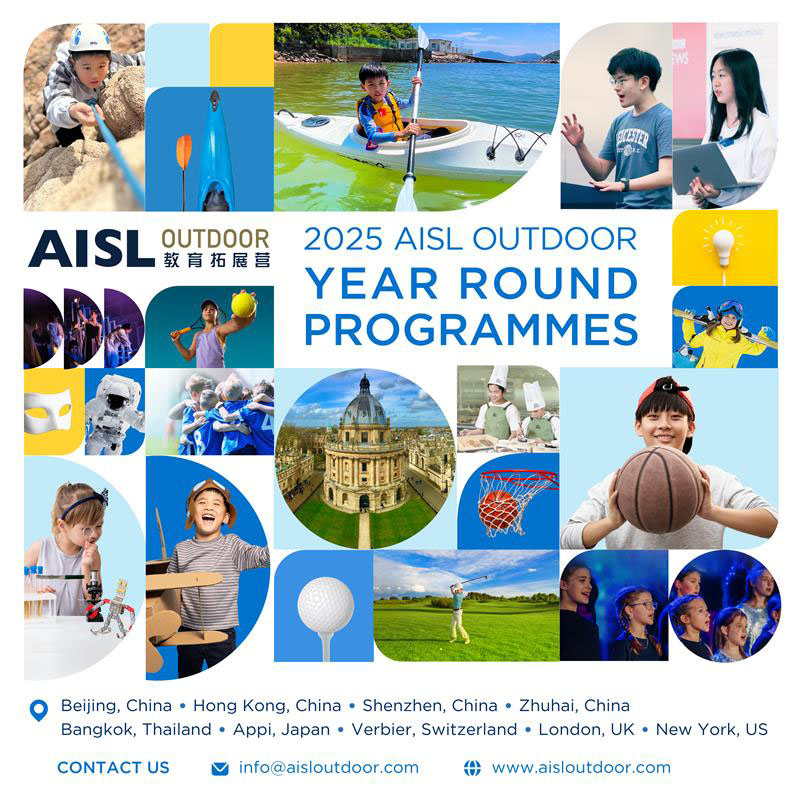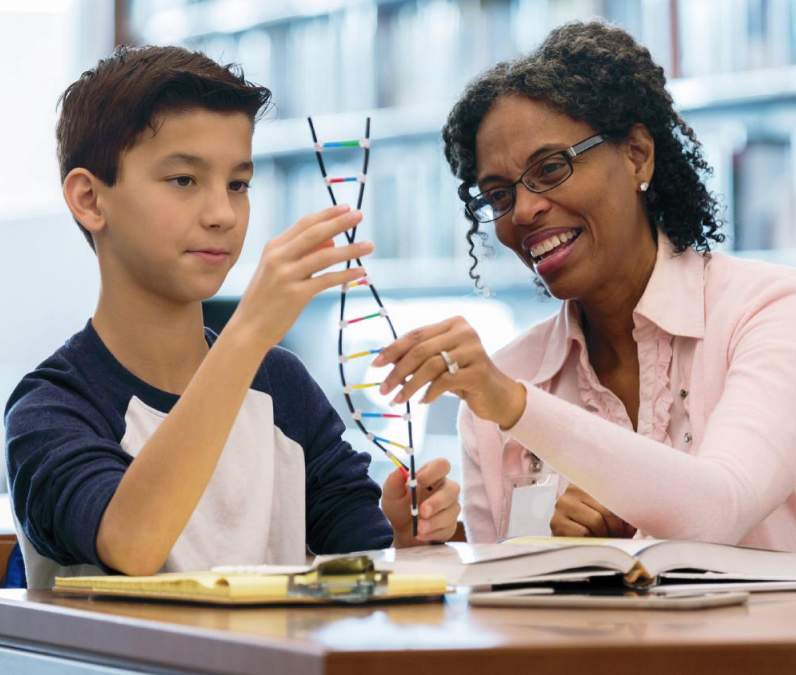A recent study from the University of Kansas urges an ecological shift in education toward a “school within a school” model, aiming to empower students, teachers, and parents with greater autonomy in guiding educational experiences. The study highlights that existing educational reforms have largely failed to produce meaningful change over the last two centuries due to their systemic, top-down approach.
The research, led by Yong Zhao, Foundation Distinguished Professor of Educational Leadership & Policy Studies and Educational Psychology at KU, argues that traditional education has not adapted to meet the needs of today’s learners. Zhao points out that generations of students since the 1980s have not shown improvement in educational outcomes, with many graduates entering the workforce unprepared.
The proposed model focuses on two key elements: reducing prescribed curricula and increasing student autonomy. Zhao emphasizes, “If we want students to be happy, shouldn’t they have a say in what they learn?” This approach aims to engage students more effectively and foster their self-determination.
In addition to advocating for educational reform, Zhao draws parallels between successful adaptations in natural ecosystems and potential improvements in education. By adopting an ecological framework, schools can implement small-scale innovations that may lead to broader systemic changes.

The study cites examples from schools in China, Australia, and the United States that have implemented variations of the “school within a school” model, which have reportedly led to more engaged students who actively discover their strengths and solve real-world problems. Zhao notes that such innovations should be allowed to flourish before being considered for wider application.
In discussing the failures of past reforms, Zhao highlights the challenges posed by mandated curricula that dominate the school experience, limiting teachers’ and students’ flexibility. He argues that education should embrace a more decentralized structure, akin to panarchy theory, which encourages resilience and adaptability in educational systems.
This call for change comes at a time when many educators and policymakers seek effective strategies to improve student engagement and success. The study emphasizes that allowing for multiple educational pathways through the “school within a school” model can better address diverse student interests and needs.
For further details, readers can access the full study published here
School System Service Providers That Might Be Interest of:
Get a special discount by quoting code AISLMALL during CHECKOUT.
21C Learning - Consulting Services in Technology
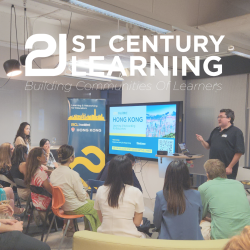
Founded in 2014, 21C Learning (21CL) organizes top-tier annual conferences and online events that align with its mission of “Building Communities of Learners”. We helps K-12 schools improve their tech infrastructure and teaching practices. Our services include strategic plan reviews, onsite visits, stakeholder interviews, and surveys on tech readiness. We also offer fractional CIO/Tech Director services for cost-effective guidance and support.
3Education: Smart Queuing System
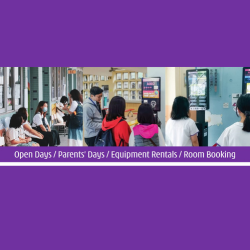
3Education is committed to assisting schools in adapting technology to cultivate self-learning ability for the new generation. We are all here to help teachers in achieving their educational goals. Empowered by 3 Hong Kong’s strongest 5G network, we provide a wide range of teaching and learning solutions to help students develop their strengths.
CENTURY Tech – Teaching and Learning Platform
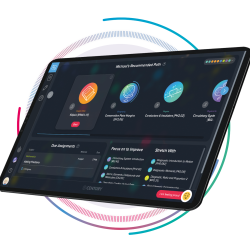
CENTURY is an award-winning teaching and learning platform for primary and secondary schools, colleges and universities. Using learning science, artificial intelligence and neuroscience, CENTURY creates constantly adapting pathways for students and powerful assessment data for teachers.
Destiny Library Manager
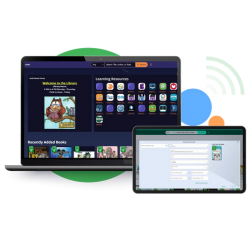
Follett Destiny® Library Manager, a leading software for libraries, simplifies administrative tasks while fostering a love of reading and discovery. Users enjoy a student-friendly interface and engaging experience as they explore and access exciting new resources.
Instructure – Educational Software

Instructure Holdings, Inc. is an educational technology company based in Salt Lake City, Utah, United States. Instructure offers a variety of systems for K-12 schools, including Canvas (Cloud-based learning management system-LMS), Mastery Connect (digital assessment management system), Impact (Streamlined Edtech Adoption for K-12) and analytics tools.
Novalearn - Simplified School Management
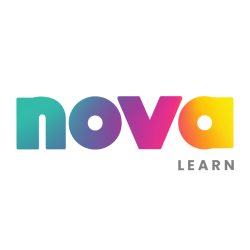
Novalearn Limited is an EdTech company transforming education by seamlessly integrating machine learning, studio-produced edutainment, and quality STEAM education aligned with international K-12 curricula.
Moments365 - Parent-School Communication
Moments365 is an interactive hub for K12 international schools and parents, enabling real-time sharing of students’ progress. Integrated with WeChat and Teams, it enhances communication and parental involvement, driving schools towards innovative, connected smart campuses.
Otus: Learning Management System

Otus provides educators with a platform that offers data-driven insights, collaborative learning, personalized professional development plans, feedback and reflection tools, and access to both internal and external professional development resources. This comprehensive suite of tools empowers educators with the knowledge and skills to excel in various areas.
PowerSchool – Software & Cloud Based Solutions

PowerSchool is a leading provider of cloud-based software for K-12 education in North America. Its mission is to power the education ecosystem with unified technology that helps educators and students realize their full potential, in their way. PowerSchool connects students, teachers, administrators, and parents, with the shared goal of improving student outcomes. From the office to the classroom to the home, it helps schools and districts efficiently manage state reporting and related compliance, special education, finance, human resources, talent, registration, attendance, funding, learning, instruction, grading, assessments and analytics in one unified platform
Renaissance Learning – School System
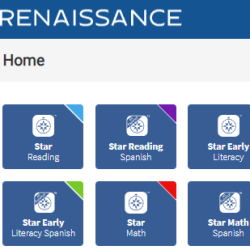
Renaissance Learning, Inc. is a software as a service and learning analytics company that makes cloud-based, Pre-K–12 educational software and adaptive assessments. Renaissance employs about 1,000 employees in nine U.S. cities and subsidiaries in Canada, the United Kingdom, Korea, and Australia.
SAM Learning
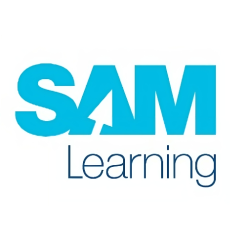
SAM Learning is the only online learning platform that provides students, parents and teachers access to thousands of learning activities for all major GCSE, IGCSE and KS3 subjects. Engineered by A.I., SAM Learning suggests 30 minutes of adapted work, every week to every student (Weekly Challenges in core subjects) and is independently proven to make students achieve on average two GCSE grades better.
